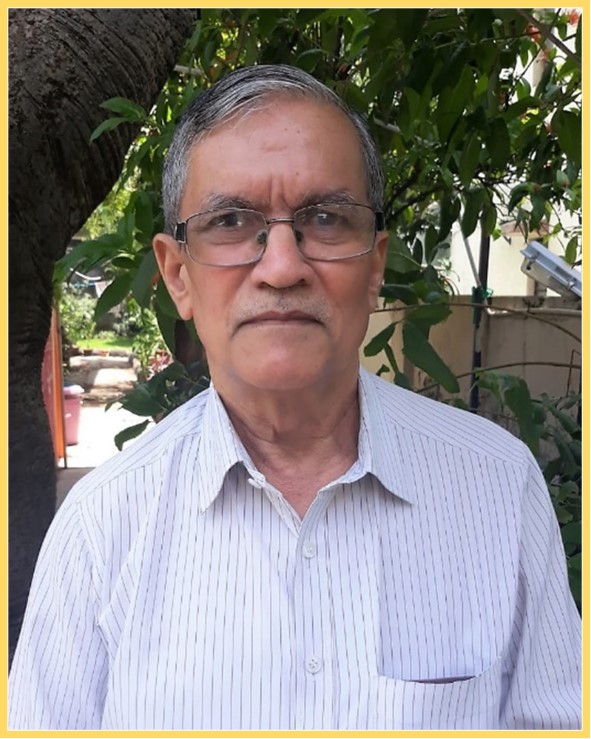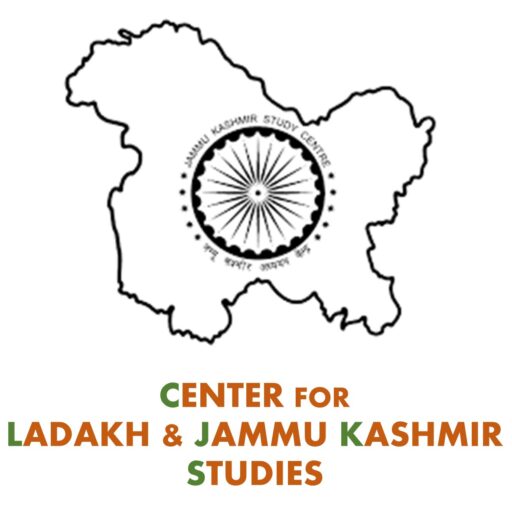
विश्वपटल पर ‘आज का भारत ‘
Satish B. Marathe
Nagpur
M. 9422477668
Great power status is not achieved easily or by many countries . What separates great power and would be great powers from rest are driving vision backed by strong conviction and sense of national destiny , inclination to establish distant presence and define national interest within the wildest possible graphic ambit. Confidence to protect and further these interest with proactive foreign policy and military policies , willingness to use coercion and force in support of national interest and use of both soft and hard power to mark its status in the external realm. These apt and forthright views are expressed by strategic analyst Shri Bharat Karnad in his famous book , Why India is not a great power Yet? Prime minister Narendra Modi’s address to the nation from red fort on 15th August 2016 is a path breaking venture and loaded with all above mentioned elements.
Over the years India witnessed steady and substantive decline as an independent player. The main impediment in achieving goal of great power status was that of national leadership being overwhelmed by its supposed limitations coupled with conservatism , risk averse attitude and notion that we are perceiving country’s image of ‘responsible power’.
So much so that constantly being under the shadow of this un- worthy notion , we showed unwilling to use our naval might to rescue our ships from the Sea pirates in Indian ocean .
Thus the scope of India becoming great power narrowed down to debate in T. V. studios only . There are three school of thoughts about what will fetch India great power. The first school believes in soft power as the country’ s passport to greatness, the second school believes that morality and morally oriented policies will ensure country s greatness , and the third school is of the view that India is faced with too many internal problems , social and economic disparities to be distracted by the search for great power.
India’s foreign policy is mainly big power oriented. There was a strong misplaced belief as to why we should get involved with insignificant powers. The present dispensation has to a great extent altered this scenario. U. N . security council membership was first offered to India in 1950 . India at that time was of view that it would be very unfair for great country like China not to be in security council . It reflects delusional strain in Indian policy. In spite of this China never missed an opportunity to revile India and Indian leaders as imperialist stooges.
The independence day address by Prime minister , which for the first time contains forceful mention of Gilgit -Baltistan is a master stroke. Geo- politics post abrogation of article 370 and 35- has undergone a sea of change .The world has by and large endorsed Indian position on the status of Jammu and Kashmir .This is no mean achievement . Even before that on March 1 2019 , Late Mrs Sushmaji External affairs minister was invited as guest of honour for OIC meet at Dubai .Pakistan received big blow .Its objection for Indian participation was rejected by this Islamic organization ..This was a big victory for Indian diplomacy .
The bold Indian action on the affairs related to state of Jammu and Kashmir reflects our strong desire and resolve , which this nation seldom witnessed . Many nations accepting Indian position that it is our internal matter has put a firm seal on Indian position Vis-à-vis Jammu and Kashmir .This has obviously sent jitters in our neighbourhood . Our hostile neighbour for the first time found itself confused with the swift turn of events . China’s reaction over our action was limited to alteration Ladakh’s status .This clearly shows divergence of views between China and Pakistan .To the utter surprise for many , out of 54 Muslim countries of the world , barring Malaysia and Turky none opposed the Indian action .
This is the success story of our assertive foreign policy .It has opened up numerous vistas and given a boost to Indian aspirations .It will certainly go down as a steping stone in the direction of our march towards attaining a great power status An effort to bring in on centre stage the atrocities committed in Balochistan by Pak authorities has given twist to India’s future engagements with China and Pakistan. This has rekindled the hope not only in country but also in neighbourhood , as visible from the manner in which it has been received by Baloch community and in Afghanistan. One hopes this does not merely remain a rhetoric but transform in to tangible deeds. This in turn is expected to take India out of hoodoo, which India found itself in for too long a period.
Blogger Satish B. Marathe
